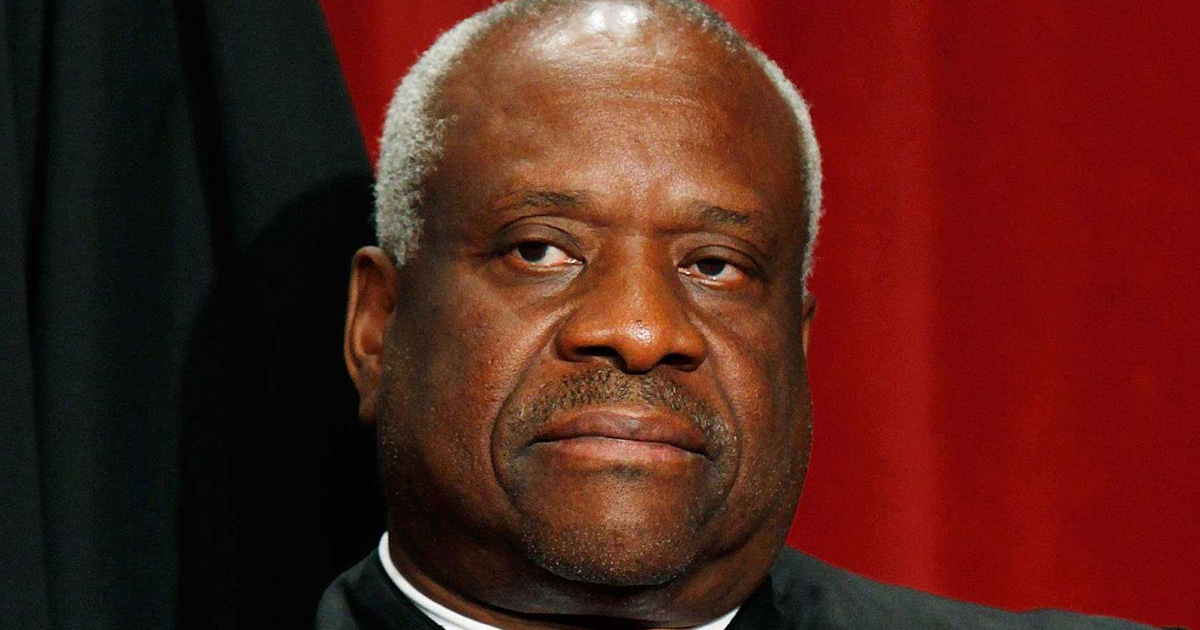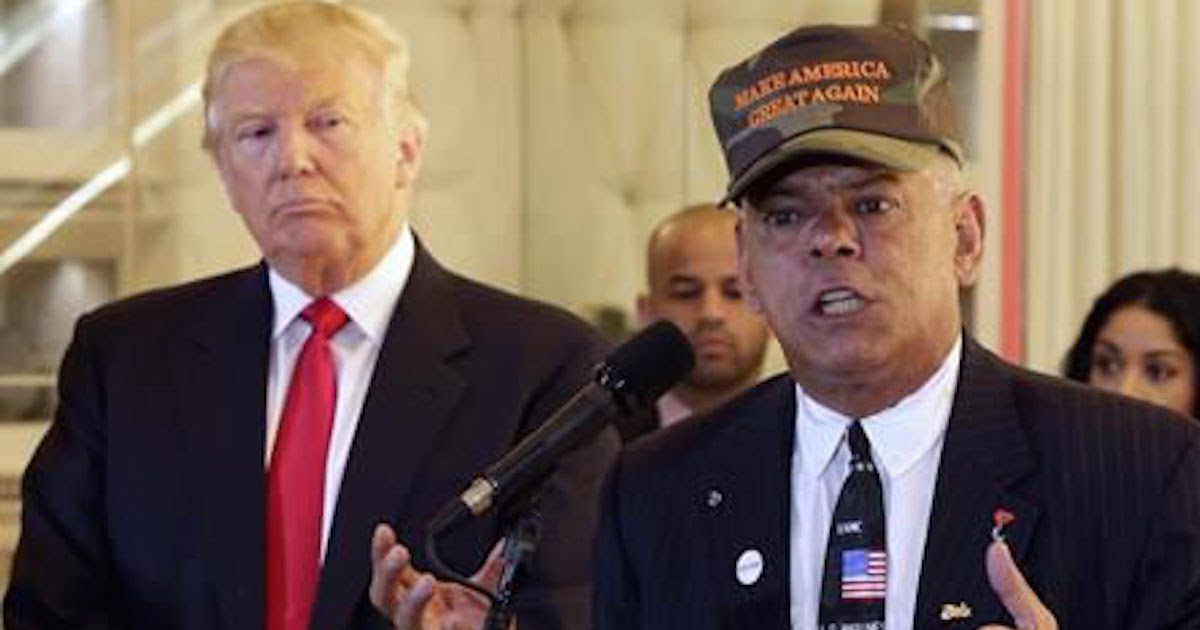In 1994, Dick Cheney, between his tenure as Secretary of Defense and Halliburton CEO, was asked to predict the outcome of an American invasion of Baghdad, Iraq. One wouldn’t think it possible considering recent history, but he actually made sense back then. This is how a mind, uncorrupted by war money, thinks.
Because if we’d gone to Baghdad we would have been all alone. There wouldn’t have been anybody else with us. There would have been a U.S. occupation of Iraq. None of the Arab forces that were willing to fight with us in Kuwait were willing to invade Iraq.
Once you got to Iraq and took it over, took down Saddam Hussein’s government, then what are you going to put in its place? That’s a very volatile part of the world, and if you take down the central government of Iraq, you could very easily end up seeing pieces of Iraq fly off: part of it, the Syrians would like to have to the west, part of it — eastern Iraq — the Iranians would like to claim, they fought over it for eight years. In the north you’ve got the Kurds, and if the Kurds spin loose and join with the Kurds in Turkey, then you threaten the territorial integrity of Turkey.
It’s a quagmire if you go that far and try to take over Iraq.
The other thing was casualties. Everyone was impressed with the fact we were able to do our job with as few casualties as we had. But for the 146 Americans killed in action, and for their families — it wasn’t a cheap war. And the question for the president, in terms of whether or not we went on to Baghdad, took additional casualties in an effort to get Saddam Hussein, was how many additional dead Americans is Saddam worth?
Our judgment was, not very many, and I think we got it right.
Those words actually came out of Cheney’s mouth. The logic and intelligence here is extraordinary. One might ask where this sensible version of Cheney went: he was corrupted by money from war profiteering.



